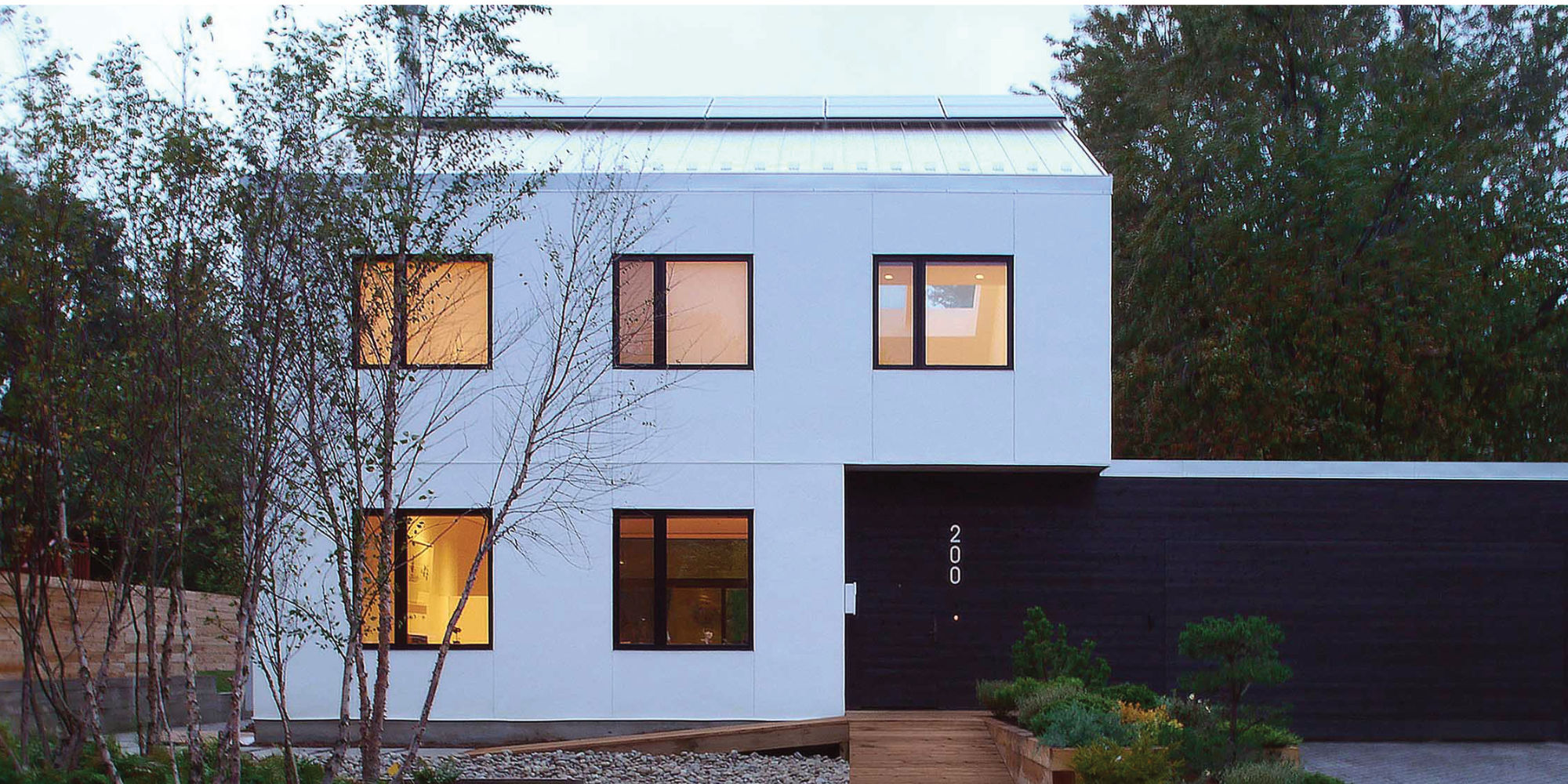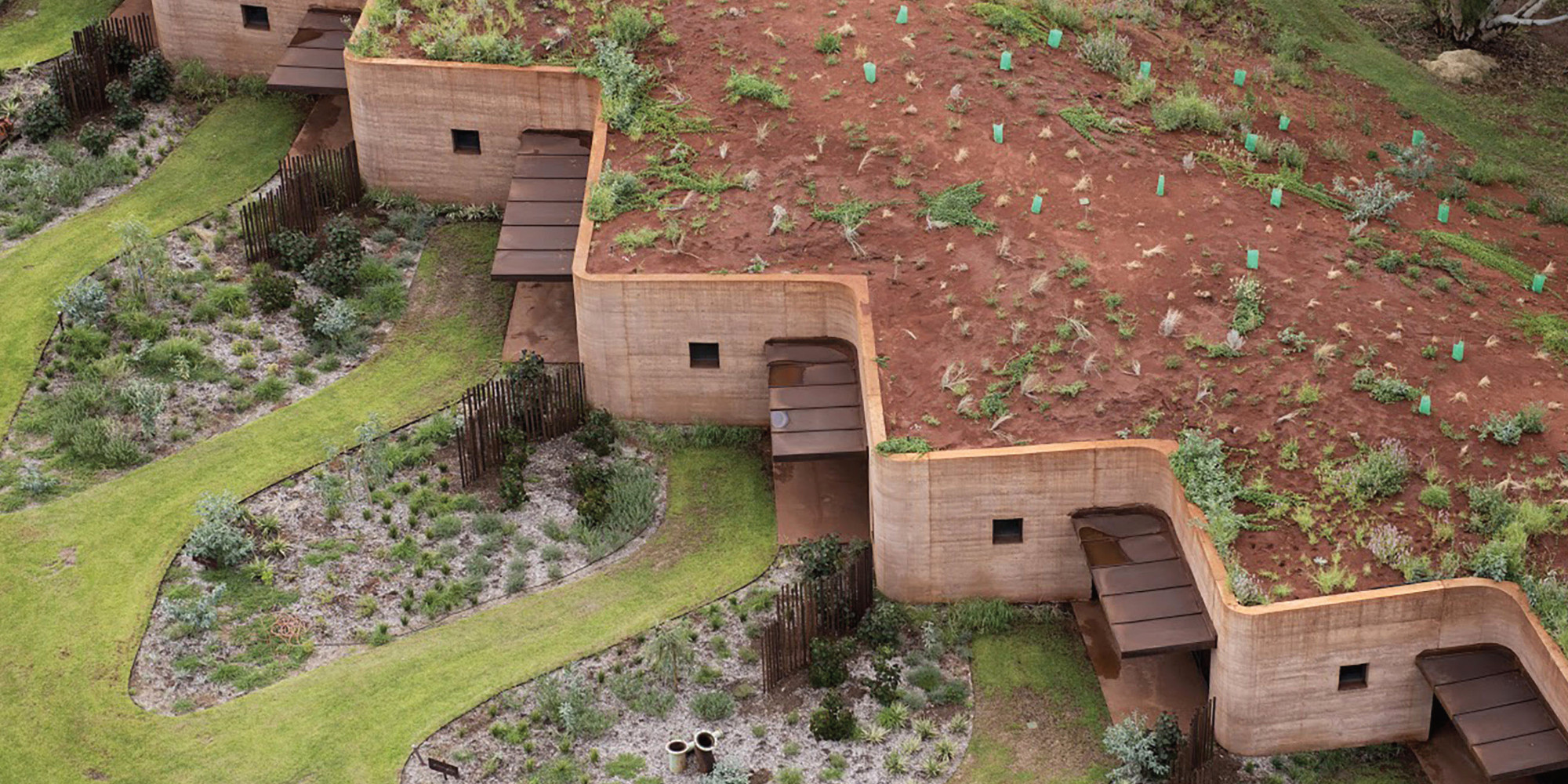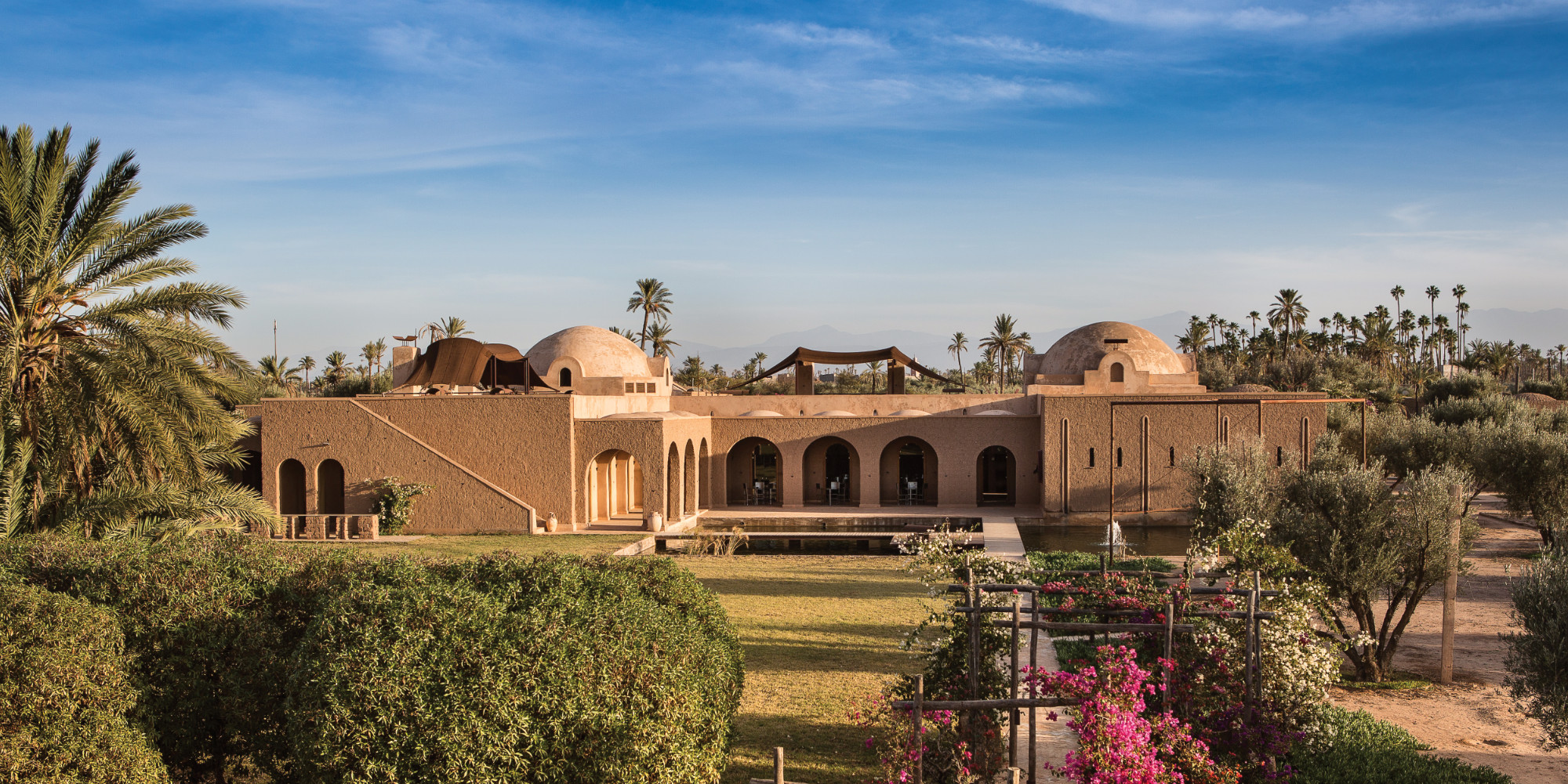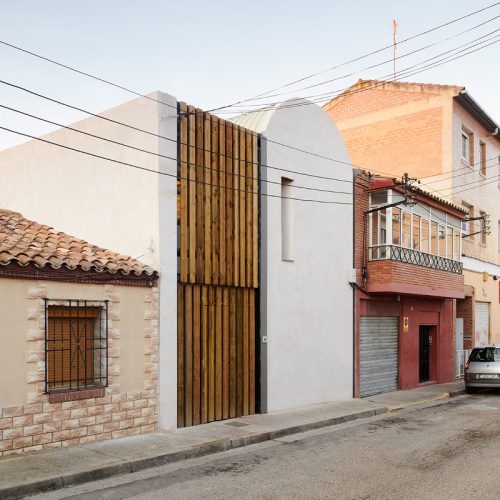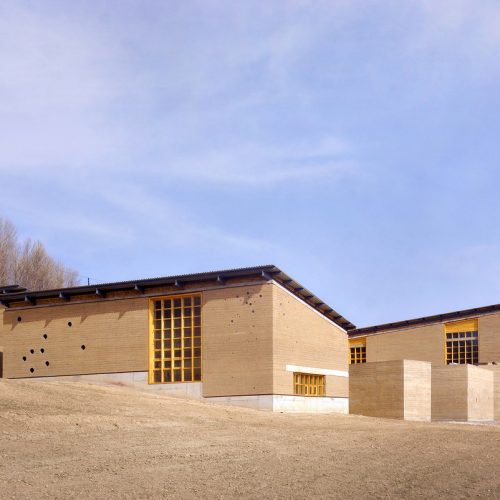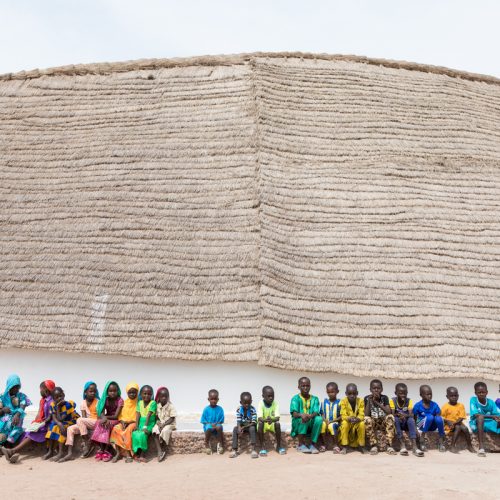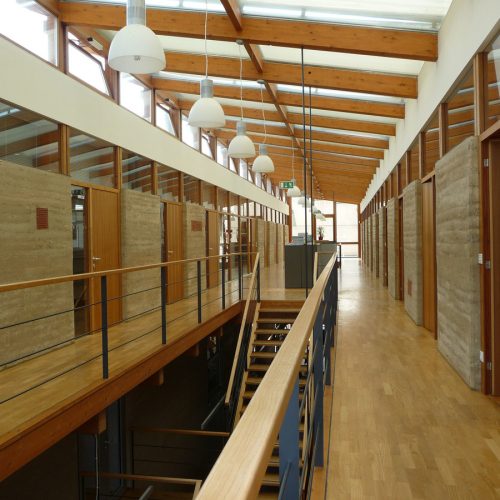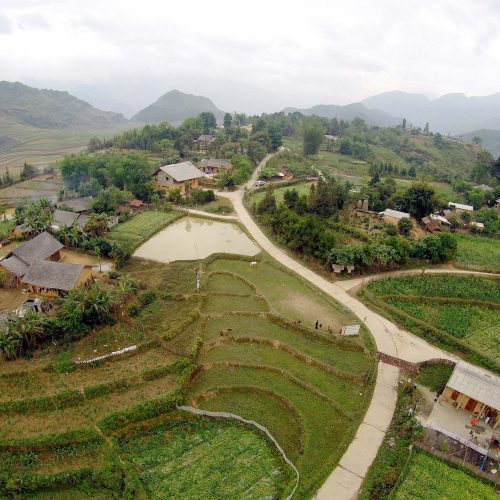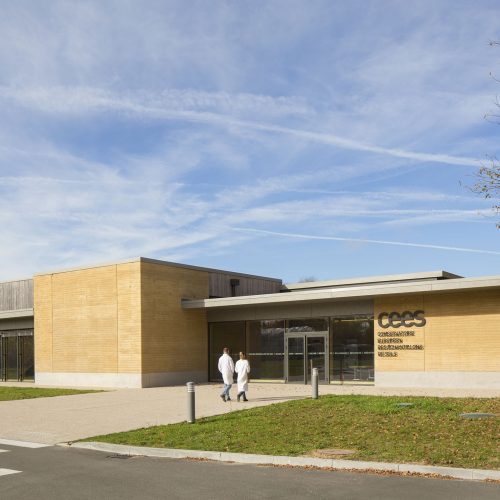
Les candidatures pour le materia award 2025 sont ouvertes !
Vous avez construit ou rénové un ou plusieurs bâtiments utilisant une quantité significative de terre crue, pierre et fibres végétales. N’attendez plus, déposez votre candidature en ligne !
(Re)découvrez les finalistes et les lauréats des précédentes éditions
Venez (re)découvrir les finalistes et les lauréats du TERRA Award 2016, du FIBRA Award 2019 et du TERRAFIBRA Award 2021 !

Découvrez la carte des projets
Explorez la carte répertoriant l’ensemble des projets finalistes et lauréats des TERRA, FIBRA et TERRAFIBRA Awards.
TerraFibra architectures, l’exposition


TerraFibra architectures, le livre
Découvrez le livre incontournable pour concevoir et construire une architecture frugale.













